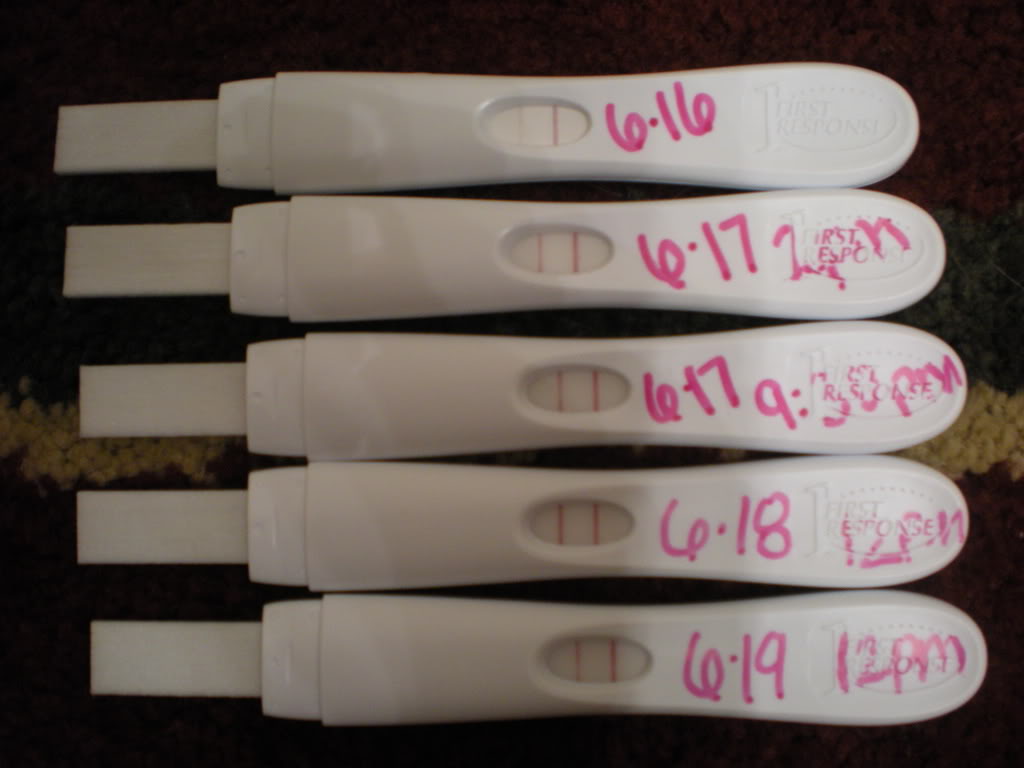If you and your spouse are thinking about kids, you may be surprised to find that though you may stop your birth control, this does not necessarily mean poof, you’re pregnant!
In reality, there is actually a small window in which you can pregnant.
This window is called your fertility window.
Your fertility window lasts for 6 days.
During these 6 days, having sexual intercourse greatly increases your chances of getting pregnant.
A woman can only get pregnant on the day of ovulation or 5 days immediately prior.
That doesn’t leave much time!
If you are looking to get pregnant and as soon as possible, the first thing you should do is try to predict your ovulation date and fertility window.
[Check out our Fertility Calendar]
This can be a bit tricky, especially if you have an irregular period.
But if you keep track of your body’s patterns, this can help give you a clue as to when is the best time for you to get pregnant.
What is A Fertility Window?
Your fertility window is when ovulation begins in your body.
This is when your ovaries release an egg into the fallopian tube, where it awaits to be fertilized by your partner’s sperm.
Once the egg is released, it has only 24 hours lifespan to where it can be fertilized.
If it isn’t fertilized, then your egg disintegrates and then instigates your period.
While an egg only has a 24-hour lifespan, sperm, on the other hand, can last up to five days after intercourse, which is why the five days of ovulation could result in a positive pregnancy test.
This is why it’s best to have sex two to three days before you actually ovulated. There will be surviving sperm will be there waiting when the egg is finally released.
So how do you track your own ovulation?
Women who have predictable cycles have no trouble determining their fertility window but those who have irregular cycles will find it a bit harder.
There a few different methods and several different metrics to help predict fertility.
Some women use a Basal Body Temperature method.
With this method, you need to take your temperature at your lowest body temperature.
This is usually when you just wake up and before any physical activity has happened.
You do this every day and record the pattern.
When your body temperature dips, this is a sign that your body is going to ovulate.
It immediately spikes shortly after.
For a chart to record your temperature, you can find one here: http://mymonthlycycles.com/bbtchartdl.jsp
Another sign to predict fertility is that your cervical fluid becomes more thin and stretchy.
There is also physical and emotional symptoms that women notice will happen during certain times in their cycle. Keeping track of this pattern will help predict the fertile window.
There are also ovulation tests that help notify you when you are ovulating.
They are test strips that search for the presence of luteinizing hormone (LH).
This hormone is what triggers ovulation.
These tests will tell you when ovulation is on the horizon and when it has arrived.
You can purchase these at any pharmacy over the counter.
To help get pregnant, the use of vitamins will help it happen faster.
These vitamins are:
- Vitamin E
- Vitamin C
- Folic Acid
- Vitamin B6
- Vitamin B12
- Vitamin D
Vitamin E helps provide the quality of cervical mucus, which can help increase the chances of the fertilized egg’s implantation into the uterus.
Vitamin C helps sustain a woman’s endocrine equilibrium and helps increase fertility in particularly in cases where women have low progesterone levels. With folic acid, it promotes sustainable fertility in women and prepares their body for pregnancy.
Not only is this good to take before getting pregnant but is important to take while pregnant because it also prevents spina bifida in babies as well as other birth defects.
Vitamin B6 helps increase fertility by balancing out your hormone levels.
Vitamin B12 can enhance the occurrence of ovulation, which helps women who have trouble ovulating.
Vitamin D is not only helpful for a woman’s fertility but a man’s too. Not only does it stimulate the levels of estrogen and progesterone but it also regulates menstruation and improves the viability of sperm. This makes getting pregnant a more successful.
Though it may seem useless to take a prenatal vitamin before pregnancy, it does help your body conceive. By taking these in the year before you actually conceive can help prevent serious birth defects, preterm delivery and for a bonus, it can really help out with morning sickness when you do get pregnant.
It helps to get your body in the most optimal environment for fertilization and implantation happen so that you may conceive.
If you are worried about your fertility and it has been taking you a while to get pregnant, you may want to see a fertility doctor.
They will help you figure out what may be going on with your body and give you and your spouse the proper tests to see why you may not be conceiving.




Leave a Reply